A story in traditional media has little value today, if it’s not on digital: Aman Dhall
In the last 10 years, PR has taken a different dimension, especially after the entry of social media and the rapid shift to digital, especially in the pandemic period. However, at the same time the industry has been facing stiff challenges, moreover client expectations has also increased, with more emphasis being given to digital and online reputation management. The industry has undergone a radical shift and the current times have pushed the industry to change gears.
GAMEXX Awards 2021 Early Bird Discount Extended Last Date - Wednesday, June 30, 2021 - ENTER NOW
In conversation with Adgully, Aman Dhall, Founder, CommsCredible, speaks about his entrepreneurial venture, the traditional-digital divide, the value of quality coverage, managing client expectations and more.
From the client side you have crossed over to consultancy. How and when did the entrepreneurial bug bite you? And what inspired you to take a deep dive in starting your own PR consultancy?
Punjabis are enterprising people. I think the bug was there in me from the beginning, however it grew on me when I couldn’t find a suitable opportunity to work in the Indian sports industry back in 2011, when I had just returned from the UK.
There were roles being offered, however I just didn’t find the founders/ leaders in the sports space visionary enough to work with them. I spoke to my batchmate from Loughborough University, who also had similar views. We felt it’s better to start something of our own, than work elsewhere.
A decent opportunity did come, but that was late, as I had committed to this batchmate that we were starting up. For me, commitment is everything.
The venture did well. We got sport development projects to do in Delhi NCR, Odisha and Andhra Pradesh. I spent a lot of time during this phase in the tribal areas of Odisha and Andhra Pradesh. We worked with over 1,500 kids, providing right to play opportunities to them and supported the youth who could achieve sporting excellence.
Many of these children went on to win state and national medals, and even represented India. In 2014, I moved on, as we had a different vision in terms of how we wanted the company to grow and shape up. I started my sports venture after the split, however, my father was not keeping well, and my family was keen that I take up a job, as a start-up requires a little time to stabilise.
When I made up my mind for a job, there were many opportunities. I chose PolicyBazaar, even though it paid me less compared to the other offers that I had. The role was exciting, as it required me to develop a PR & Communications vertical in-house, plus Yashish’s sports background was also a great pull. It was as good as being an entrepreneur again!
Being a journalist first and then later having worked in a corporate role, I have seen up and close the strengths and weaknesses of PR and the media industry. Both have a critical role to play in ensuring storytelling is thriving on factual information. I am keen to build trust in this whole chain.
The rich experience having worked on the client side will definitely help you in your venture. What are some of the knowledge and learnings that you will apply in your start-up to add value to your clients? How have you positioned your consultancy company to be different as compared to the others in the business?
Technology has made our lives faster, and the same goes for businesses. Today, companies are not only looking at consultancies that can listen to the ground, share strategies or execute deliverables for them, but can also take independent decisions when required, in difficult situations. They are looking for a reliable, trustworthy and credible partner, who can work at their operational speed and cultural values.
As a company, we have positioned ourselves focusing high on execution and lighter on processes. We believe that an immediate update is necessary rather than extensive reporting. We execute operating in line with a client’s daily structure. Our approach is of quick flags and proactive communication.
Traditional versus digital has been the debate that is going everywhere. How will you advise your clients when it comes to digital as there is still no clarity as to what is the role of digital in PR? Where is digital heading according to you?
What would you prefer – a story in a top tier newspaper, but with no presence on the web, or a story on the web featured prominently across digital news platforms? A story in traditional media has little value today, if it’s not on digital. Nearly all stories of newspapers feature on their digital platform today.
Having said that, an insightful and in-depth story done by a credible and influential journalist, irrespective of the platform, has a far greater value and impact. That’s what matters. Story matters eventually. The reach and impact matters – whether achieved by digital or traditional media.
Digital media will only grow from here. There will be a good mix of branded, organic (free to read) and paywall (subscription based) focused content on the web. The companies who are able to create a good balance will shine.
Volume versus Value in the PR business is a much debated topic. Internationally, the focus has been the quality of coverage, but in India the volume of coverage is given importance. How can a right balance be struck here so that the emphasis is more on quality coverage in the right channels?
Every leader is unique, every business positions itself differently. Their understanding of what media visibility can do for the business is what creates a focus on quality or quantity of coverage. I think there is a lot of value for quality coverage in India too. It’s just that we look and talk more of brands seeking volume of coverage.
A B2C brand would always want a volume of coverage. You need to be in the eye of the consumer on a regular basis. With so many screens to figure out, and the fast-paced lifestyle, you don’t want to miss that blink of their eye, wherever there might be an opportunity.
The nature of business will always decide whether the brand intends to focus on quality or quantity. Also, there is already a trend of big brands having multiple agencies to focus on volume vis-a-vis strategic communication. This is here to stay.
Managing client expectations is always a challenge and helps an agency if there is clarity at the beginning? What kind of mantra do you follow to ensure that there is a smooth flow of work with clients in delivering expectations and achieving the end objectives?
We believe that regular feedback is a very essential part in the whole communication plan. The feedback, both to and fro, helps make the whole process meaningful and also makes communication a robust process. While we do this on a quarterly or half yearly basis in detail, we believe in quick changes, where facts validate that a plan needs to be modified. The validation is important here.
You need to be very flexible in today’s business environment. There are always client expectations, which can’t be put on paper. Do you, as an organisation or your client servicing leader, have a grip on the same? That’s critical – understanding the client’s values requires proactive communication. At the same time, are you getting it right after a client has set the expectations? I see a big gap at times, where clients have to explain themselves over and over again on a similar problem to an agency. The ownership aspect is important, and so is not repeating mistakes.
Human capital forms the biggest asset for PR organisations. Training and development have been a challenge during pandemic. How is your organisation honing the skills of your employees and also keeping them motivated during these times?
It’s learning on-the-go for the team. For a start-up to be successful, you need people who are self-motivated. I am always looking for people hungry for success, who are accountable, can work well in a team, and most importantly, they see clients’ work as their own. They are problem solvers.
As an organisation, we are not even 9 months old right now. There are no freshers in my team, if you would observe. I have gone for experience, as I wanted to minimise training challenges. My youngest team member has an experience of more than four years, and the oldest team member has nearly 20 years of work behind her.
The client expectation begins even before onboarding. I wanted to ensure that my team mix has the requisite experience, exposure and passion to deliver on their expectations.



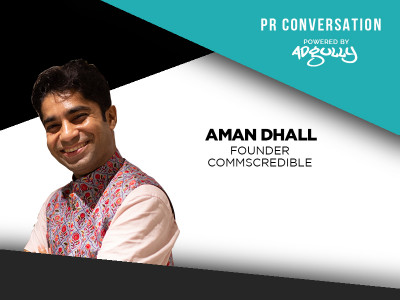
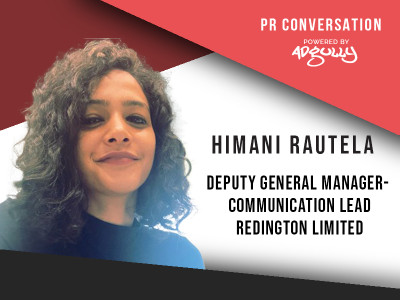
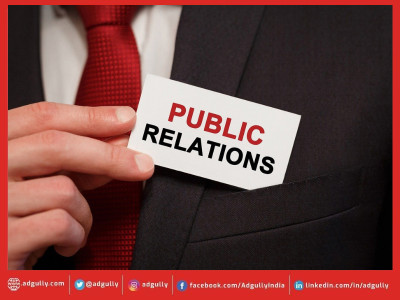


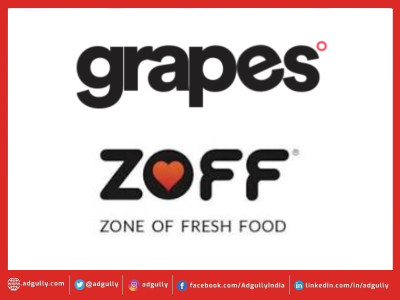
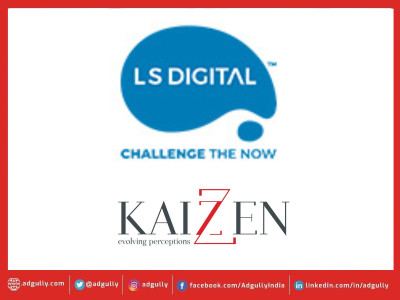



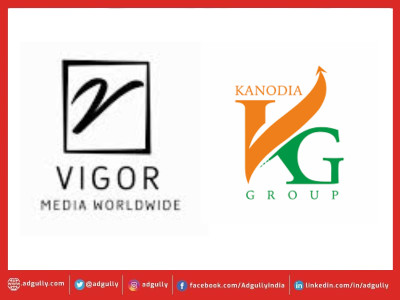

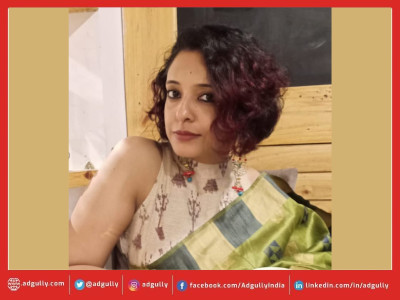


Share
Facebook
YouTube
Tweet
Twitter
LinkedIn